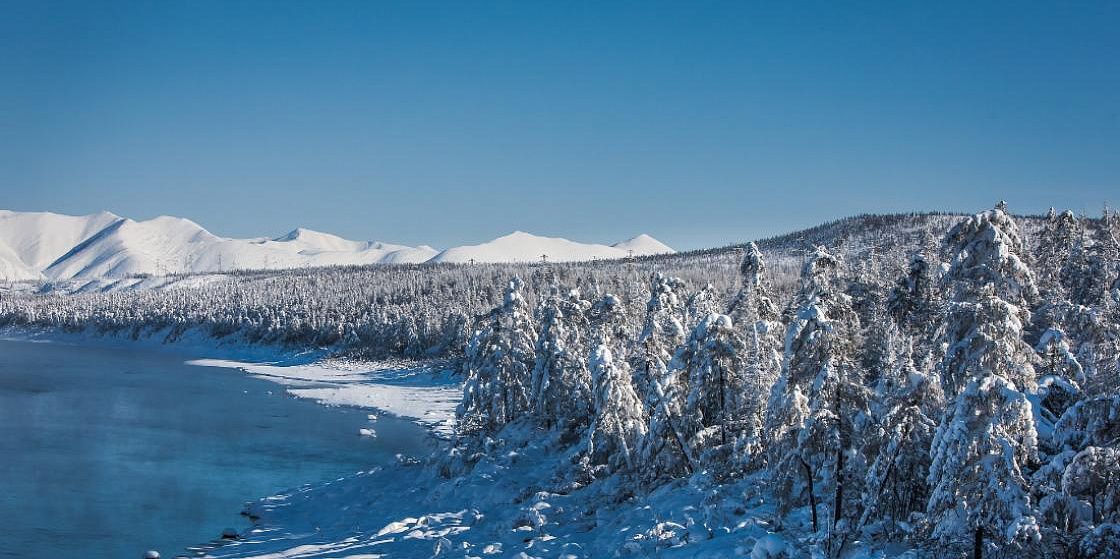
Photo: Dolya Sergey/GeoPhoto.ru
Top Arctic stories of the week, 15 -- 19 November 2021
Below is a recap of this week’s posts by Alexander Stotskiy (CEO, Project Office for Arctic Development) analyzing major international, national and regional events and trends in the Arctic.
Kyuchus project discussed at a federal-level workshop
A workshop was held on investment projects implemented in Yakutia, with a special focus on the development of the Kyuchus gold deposit, the second in this Russian Arctic region. Overall, 54 investment projects have been registered with the Yakut authorities, with 25 projects having already kicked off. The projects have so far attracted some USD 1.8 billion in investments and created more than 10,000 jobs -- an impressive figure for a region with a population of less than 1 million people. Read more…Vostok Oil intends to ship 100 million tonnes of oil by 2030
Russian energy giant Rosneft works toward launching Vostok Oil, its flagship project implemented in the Russian Arctic. According to the company’s top management, large-scale oil export operations can be mounted as early as in 2024. By that time, Vostok Oil will be able to supply to the world market up to 30 million metric tonnes of oil per year. This figure will grow following further expansion of the project to reach some 100 million tonnes by 2030. It is noteworthy that the project’s oil has a remarkably low sulphur content, which is expected to considerably improve its marketability. Read more…New Russian nuclear icebreaker makes its way to the Baltic
Steps are being taken to further increase the Russian icebreaker fleet in the Arctic. This week, nuclear-powered icebreaker Sibir (Siberia) left the Baltic Shipyard in St. Petersburg for running trials in the Gulf of Finland and the Vyborg Bay. In the course of tree weeks, a team of experts will be running various tests aiming to find out how all the ship’s systems are performing. After these trials -- and some finishing touches -- it will be formally commissioned, which is expected to happen in December. Read more…The Arctic Commission puts a stronger emphasis on the Northern Sea Route
The State Commission for Arctic Development -- an institution responsible for coordination of policies implemented by various decision-making bodies in the Russian Arctic -- met for its regular session. At present, Russia’s key objective in the Arctic is to increase the amount of freight on the Northern Sea Route (NSR) to 80 million tonnes per year by 2024. However, to meet the ambitious goals set by the Government, steps should be taken to improve the navigation safety on the NSR. Read more…Russia is launching a national carbon offset verification system
The Ministry for Economic Development came up with a bill to amend the Federal Law on Limiting Greenhouse Emissions so as to set up mechanisms for validating carbon offset reports submitted by businesses. Under the bill, more than 30 various regulations are to be introduced as regards accrediting, standardization and greenhouse gas listing. The initiative is expected to bring about major changes for Russia’s mining and manufacturing companies, including those operating in the Arctic. Read more…
19 November 2021




